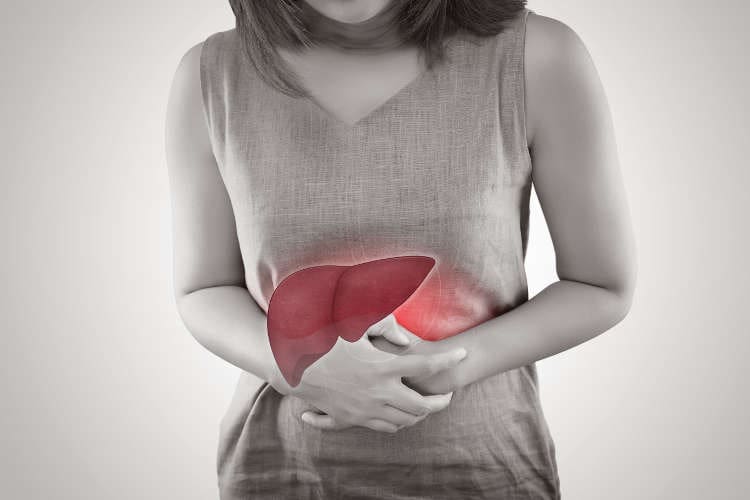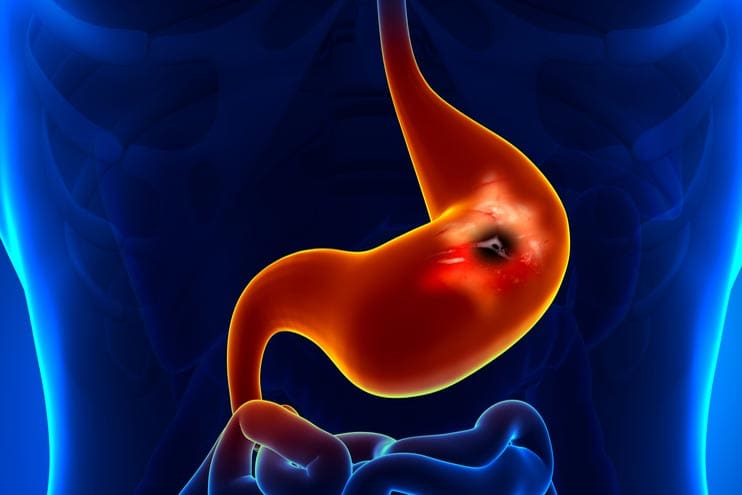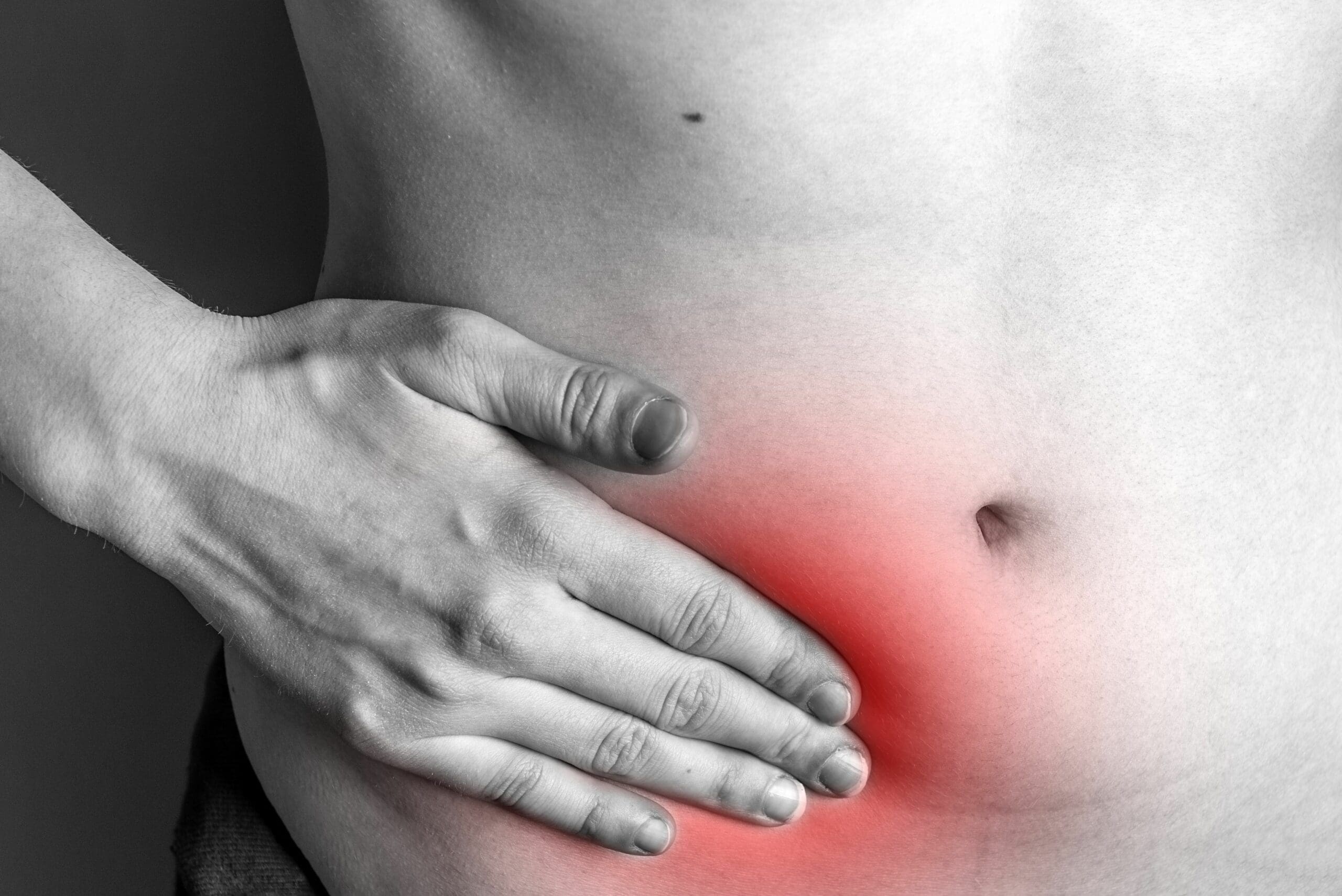Liver disease doesn’t usually cause any symptoms until the damage to the liver is fairly advanced. Here are 9 signs your liver may be struggling.
heartburn
Chronic Hepatitis B Infection
Chronic hepatitis B infection can result in cirrhosis and liver cancer. Find out about the risk factors and treatment for chronic hepatitis B.
Idiopathic retroperitoneal fibrosis
Idiopathic retroperitoneal fibrosis is a rare inflammatory condition that can lead to abdominal pain and kidney failure.
Asthma and gastro-oesophageal reflux
Asthma and gastro-oesophageal reflux disease often occur together, but does one condition trigger the other?
Peptic ulcers
An ulcer is an area of damage to the lining of the stomach or upper part of the intestine.
What are the long-term risks of taking heartburn drugs?
Efforts to decrease the use of proton-pump inhibitors haven’t been effective, and these drugs do carry risks when used for extended periods.
Hepatitis A
Hepatitis A is a viral infection of the liver, transmitted through contaminated food or water or via an infected person.
Haemochromatosis
It’s World Haemochromatosis Week. Haemochromatosis is an inherited condition in which the body absorbs too much iron from food, leading to a build-up of iron. Early detection and treatment can prevent complications.
Hiatus hernia
Most hiatus hernias don’t cause any symptoms. When symptoms do occur, the most common are heartburn and regurgitation of stomach acid into the mouth.
Constipation: treatment options
Find out the treatment options for constipation. What's suitable for you will depend on the cause, severity and duration of your constipation.










